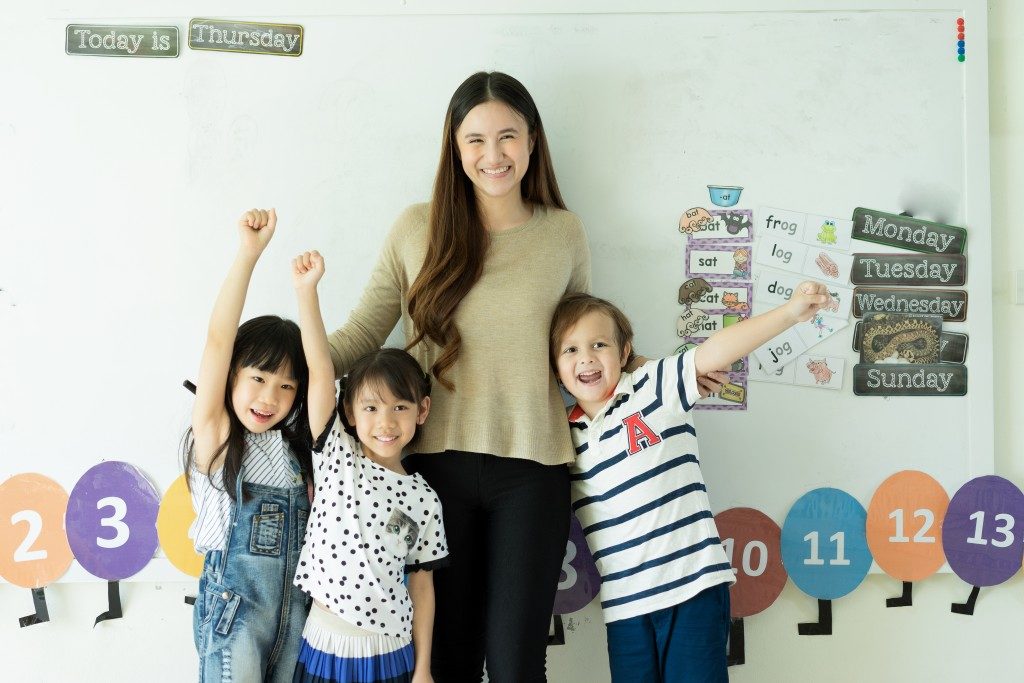It’s no secret that a strong relationship between the teacher and parents benefits a child’s education. Studies show that children earn higher grades and stay in school longer when parents and teachers work together. When parents and teachers interact, solutions to help develop a child’s learning and behaviour are easier to identify.
While healthy relationships between parents and teachers are encouraged, they require effort from both sides. For teachers, it’s a struggle to connect with parents on top of planning lessons, grading homework and managing a classroom. If you work in an international school anywhere around the globe – be it in Manila, Paris, Nairobi or Caracas – you also have to work on overcoming cultural barriers. The school may have different communication structures in place, but parents use them as they want.
To build and maintain a strong parent-teacher relationship, here are some tips on encouraging parents to become involved.
1. Involve the parents in classroom activities
At the beginning of the year, the teacher makes it clear to parents that they are encouraged to participate in some class activities.
Ask parents to help in specific lessons. For example, if a parent has knowledge or skills about a curriculum topic, invite them to speak during class.
2. Create a regular, open system of communication
Parents like to be informed about school activities and be able to share feedback. Whether it’s a weekly email or a regular update of upcoming events sent home with the student, parents want to stay updated on their child’s status and what’s happening in the classroom. The teacher can also let parents know the best way to communicate or meet them. This enables parents to give teachers updates on the child’s academic and social development at home, and any concerns for their child at school.
3. Keep all communications straightforward
Some parents are busy and won’t have the time to look through a long message, or keep up with different messages sent through multiple platforms. Teachers need to keep their messages short and concise, The tone can be informal but avoid using acronyms and jargon used by teaching staff.
4. Make it a habit to share something positive about the child

It’s easier to form a productive relationship with parents when positivity is involved. Even when discussing a concern, teachers try to share something positive about the child. This way, parents know the teacher cares about their child, and will be more willing to listen and work with them.
5. Suggest how parents can support their child at home
Teachers can offer suggestions to parents on how they can carry over concepts from the classroom to the home. For example, by recommending books the parent and child can read together at home, or suggesting additional resources or weekend activities to enhance lessons.
6. Adjust your communication for each parent
Establishing a successful parent-teacher relationship requires different approaches. Some parents enjoy seeing regular messages, while others prefer face-to-face consultations. Sending a short survey to parents at the end of term helps measure the success of teacher-parent communication, and adjustments can be incorporated depending on the results.
A good parent-teacher relationship is more than just reporting a child’s academic performance and behaviour. Ideally, it’s a two-way communication about a child’s development both inside and outside the classroom. Think through your previous successes and challenges to encourage teacher-parent teamwork for the sake of the child.

